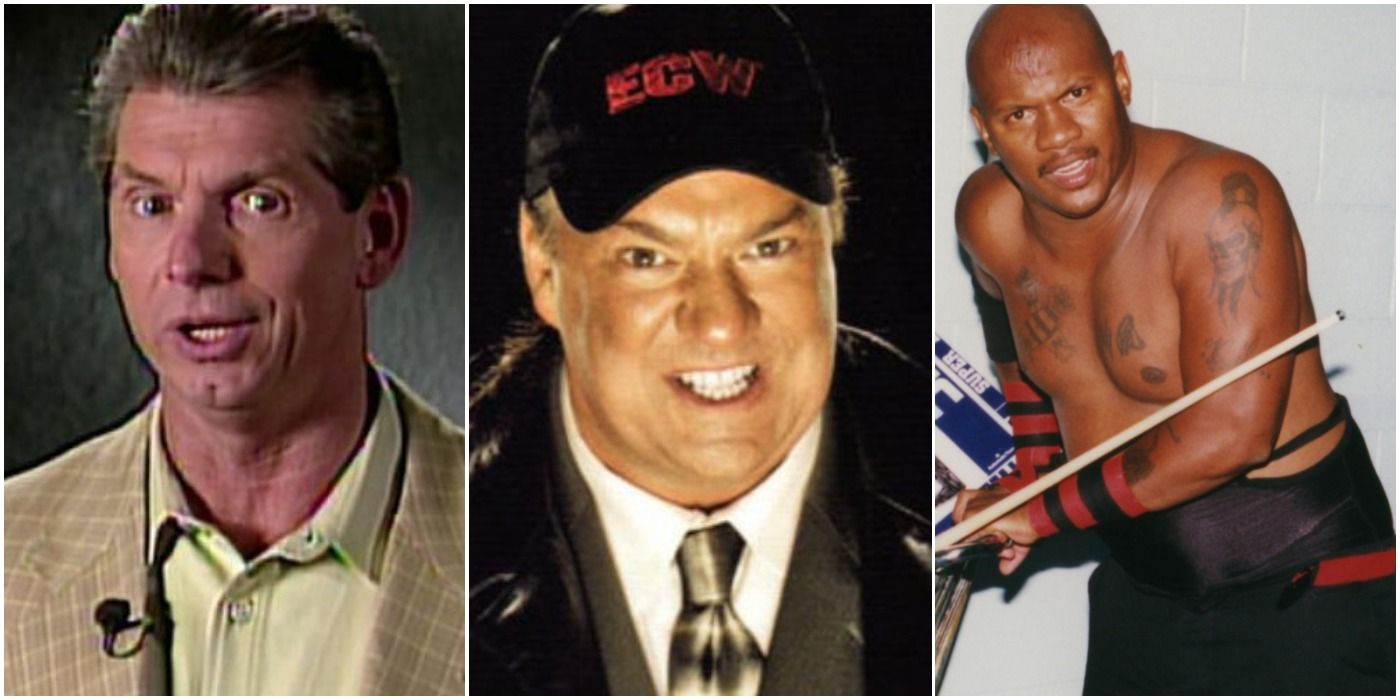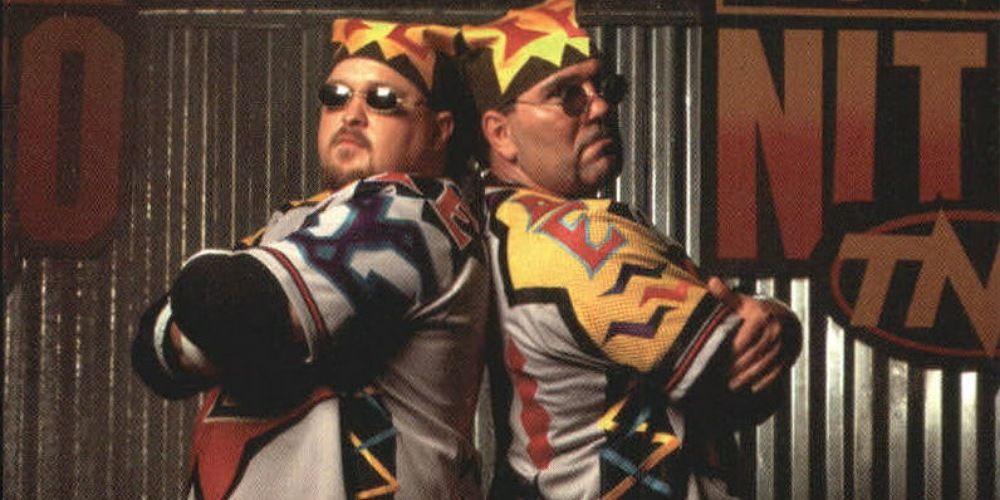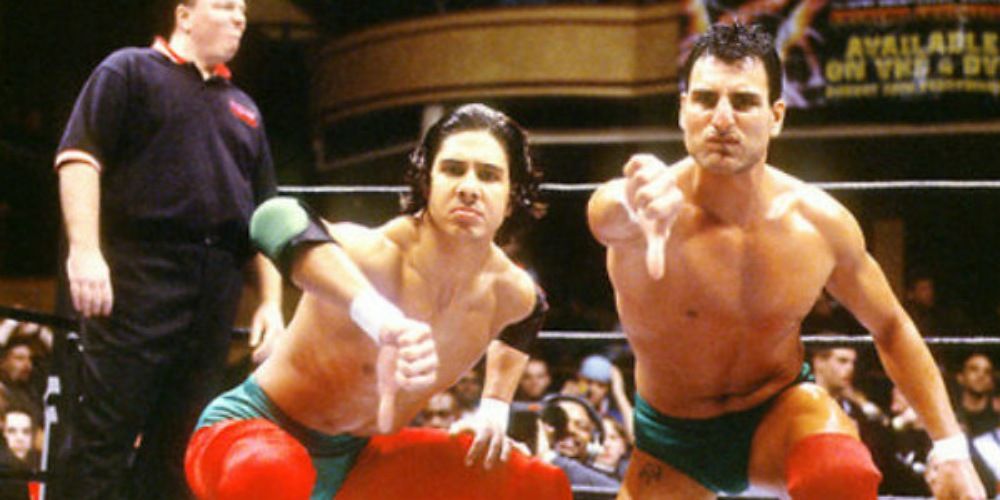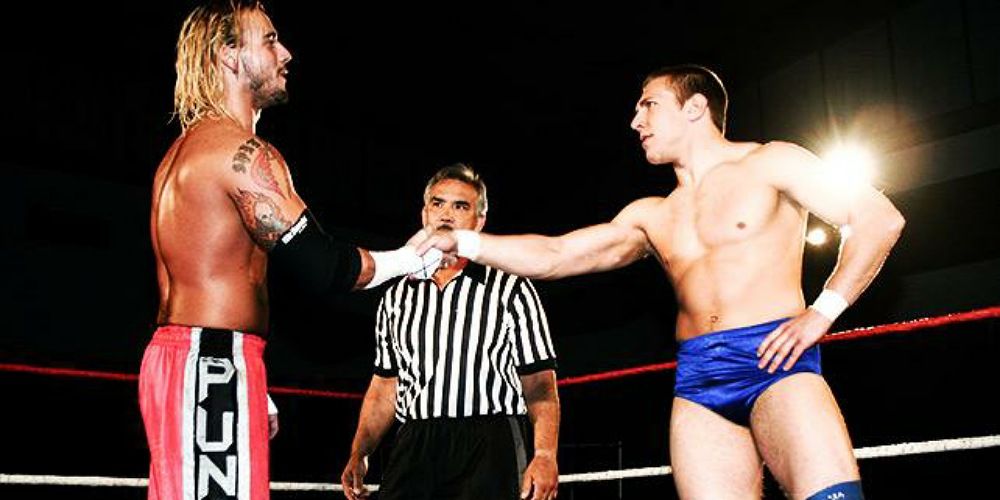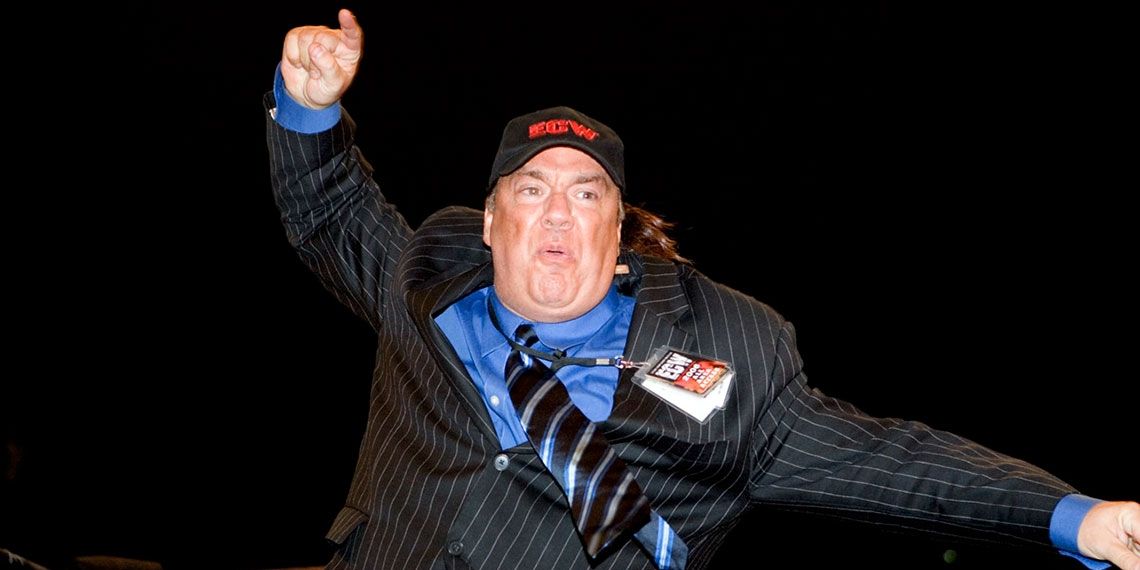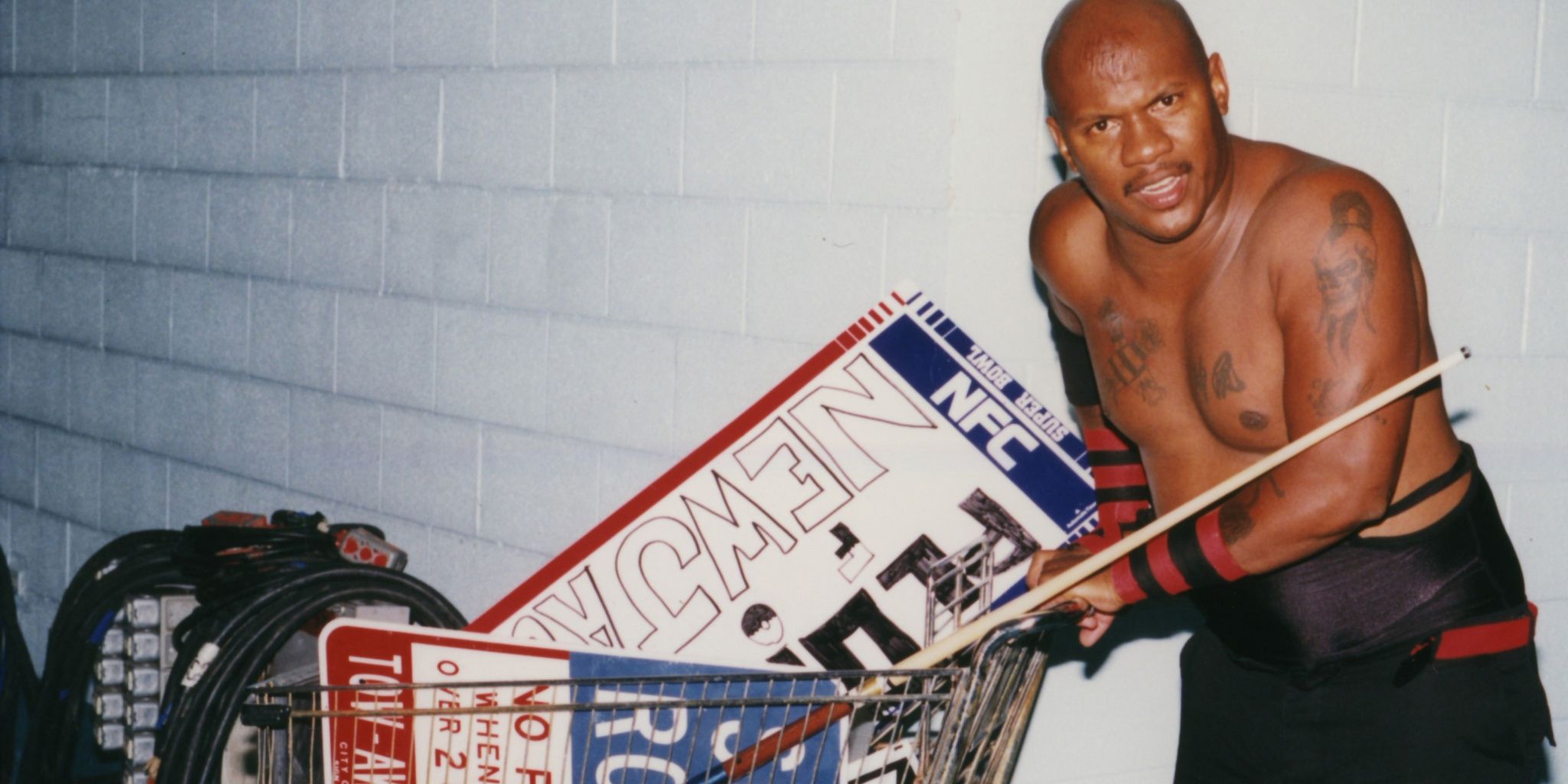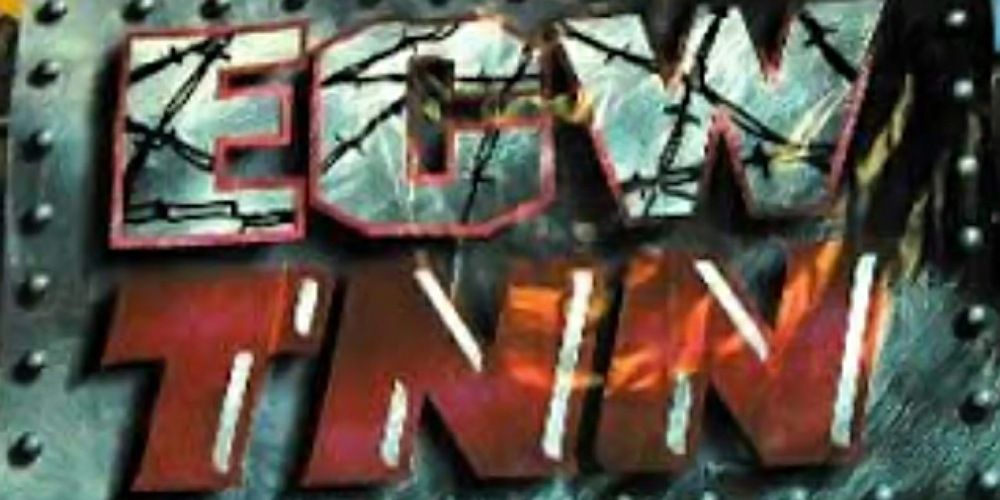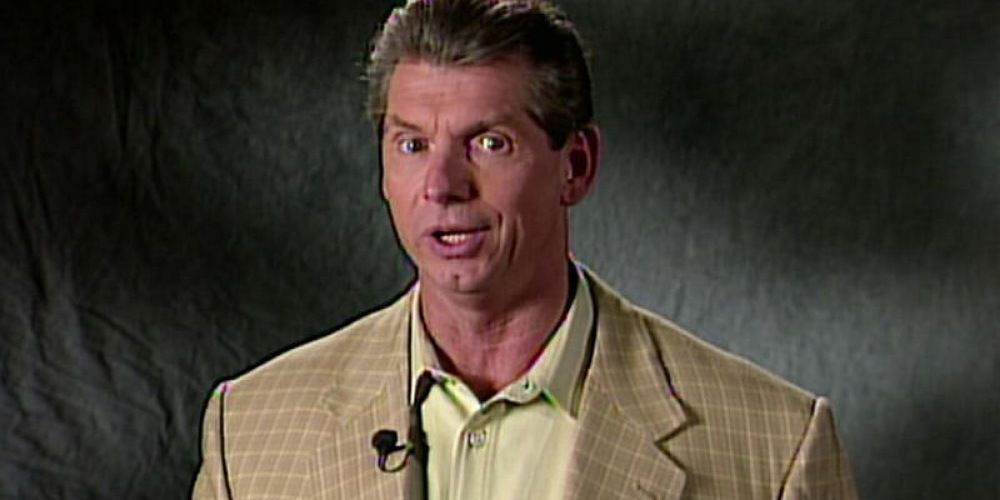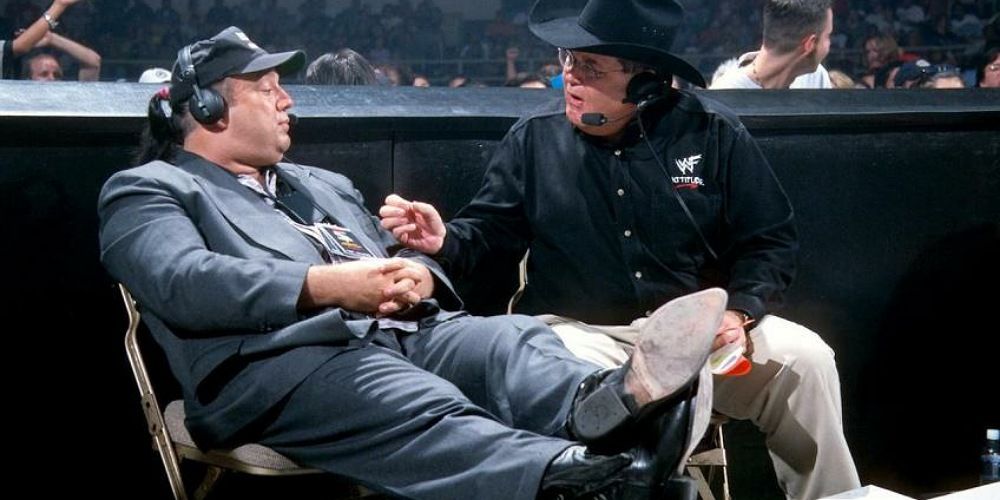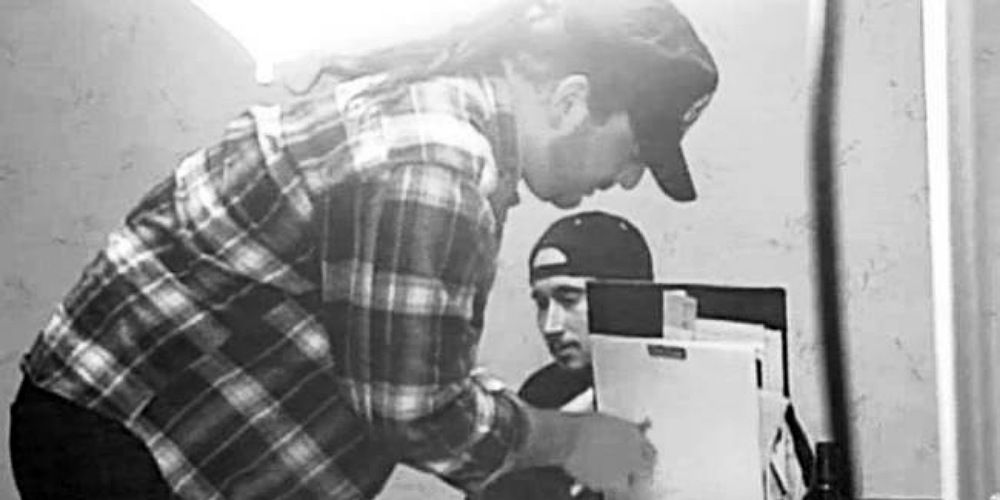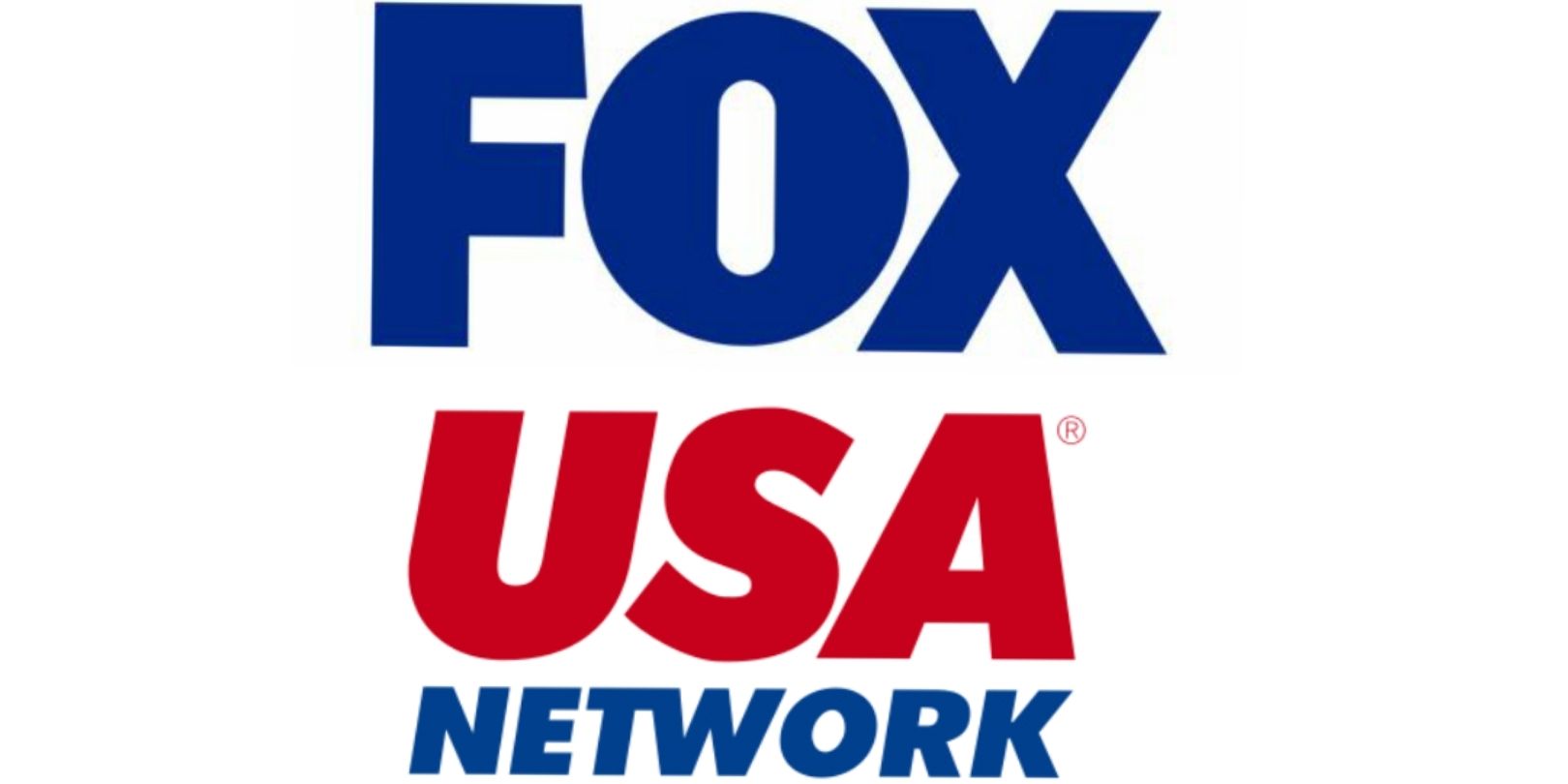The 1990s were a magical time in professional wrestling history. Not only were two powerhouse promotions battling for brand supremacy and control of Monday nights, but there was also a renegade promotion breaking barriers, bones, and everything in between. Extreme Championship Wrestling captured the attention of the highly coveted 18-49 male demographic by being everything that WWE and WCW were not.
"Extreme" wasn't just clever branding. It was ECW's calling card, and it became the catalyst for the shift in attitude that professional wrestling went through in the late '90s. Unfortunately, ECW closed its doors in 2001. From the outside, the promotion's demise might seem untimely. However, on further examination, it is clear that there were several internal factors that led to the downfall of ECW.
10 The Rise Of Guaranteed Contracts
The state of professional wrestling has drastically changed over the last 20+ years. Financially, performers enjoy more security than in previous eras. That was far from the norm in the '90s. That is, until Ted Turner opened up his checkbook and allowed Eric Bischoff to sign performers to lucrative, but more importantly, guaranteed contracts. Vince McMahon would reluctantly follow suit and eventually offer guaranteed contracts as well, but for a smaller promotion like ECW, guaranteed contracts were out of the question. This made it easier for both of the bigger promotions to raid Paul Heyman's roster.
9 Lack Of New Stars
After multiple talent raids by WWE and WCW, ECW found itself in dire need of new stars atop their card. They survived the mid-'90s departures of Eddie Guerrero, Dean Malenko, Rey Mysterio Jr., Chris Jericho, and other future legends. However, they would be tasked with replacing the likes of Taz, The Dudley Boyz, and Mike Awesome heading into the new millennium.
A healthy Rob Van Dam would've certainly helped the cause, but unfortunately, he was forced into an extended absence due to injury. New talent is the lifeblood of the wrestling business. Without any true main event level talents to carry the company, ECW's days were numbered.
8 Bad Timing
Had ECW managed to stay afloat just a bit longer, they could have gotten some serious reinforcements. Right around the time that ECW closed its doors, a fresh new batch of talent hit the pro wrestling scene. This included the likes of CM Punk, Tyler Black (Seth Rollins), Jon Moxley, Bryan Danielson, Samoa Joe, and many more. It's not a stretch to think that had ECW remained a viable option, it would've been an ideal landing spot for a whole new generation of independent wrestling standouts. Sadly, the timing was just a bit off.
7 Mismanagement
In an interview with "Stone Cold" Steve Austin, Paul Heyman stated that ECW's highest grossing year was the last full year they were in business, 2000. This begs the question: how can a business go from its highest-grossing year to closing it's doors so quickly? Unfortunately, the answer to that question is the same as the answer to the question: what made ECW so successful in the first place? Paul Heyman.
Heyman has long been regarded as a professional wrestling genius, but by the time ECW closed, his shortcomings as the head of the company were exposed. Heyman owed money to a large number of performers, and many of them cite that as the reason they chose to work elsewhere.
6 Too Controversial
Eric Bischoff loves to say, "controversy creates cash." That applies in most cases, but in ECW's case, too much of a good thing can kill you. ECW carved out a niche audience for itself by bucking the status quo. Their hardcore style and edgy storylines attracted fans that had grown tired of WWE and WCW's child-friendly content.
However, by catering to their bloodthirsty audience, they put a limit on their own potential growth. The backlash from The Mass Transit Incident caused ECW's inaugural pay-per-view, Barely Legal, to be delayed by 5 months. Additionally, Raven crucifying The Sandman was a key factor in Kurt Angle deciding to forgo signing with ECW. The promotion's reputation made it difficult for it to attain mainstream exposure.
5 The TNN Deal
Despite facing an uphill climb, ECW was eventually able to secure a television deal with TNN. The relationship seemed like a perfect fit, with both ECW and TNN attempting to become more mainstream, but things quickly went south. The first episode of ECW on TNN was barely advertised, cut and pieced together, and only drew a .9 rating. Regardless of that, ECW became TNN's highest-rated show. That didn't motivate the network to advertise more or invest more money in ECW, though.
Instead, they turned around and acquired the rights to WWE's flagship program, Monday Night Raw. ECW on TNN aired its final episode on October 6, 2000, just 13 months into a three-year deal. The move essentially crippled ECW.
4 The Attitude Era
All great art is derivative. In the case of WWE's Attitude Era, truer words have never been spoken. Most mainstream fans consider Vince McMahon the visionary who introduced "attitude" into professional wrestling. However, fans of hardcore wrestling know that isn't the case. WWE borrowed a plethora of ideas from ECW. From "Stone Cold" Steve Austin's beer-drinking, to using women in proactive angles, all the way to it's Hardcore Division, WWE implemented ECW's ideas with greater success. With WWE providing essentially the same style of programming, ECW became less of a standout.
3 Paul Heyman Jumping Ship
On March 5, 2001, Paul Heyman shocked the wrestling world by appearing next to Jim Ross as the color commentator on Raw Is War. Heyman replaced longtime color commentator Jerry "The King" Lawler, who had recently quit the promotion over the firing of his wife Stacy "The Kat" Carter. Under normal circumstances, a new color commentator on Raw wouldn't have been a big deal, but considering that Heyman was still the owner of ECW at the time, the wrestling world's collective jaw dropped. Among the most shocked were the members of the ECW locker room. Up to that point, they were still holding out hope for the company's survival. When they saw their fearless leader jump ship, they knew the writing was on the wall.
2 Bankruptcy
Financially speaking, the final nail in ECW's coffin came on April 4, 2001, when the company officially filed for bankruptcy. At the time of their closing, ECW owed more than $500,000 to at least 40 performers. The promotion's total debt was roughly $7.5 million, with nearly $4 million of that debt being owed to the Heyman family. Paul Heyman argues that the remaining $3 million of debt could've been recouped by collecting $2.8 million owed to ECW by pay-per-view distributor, In Demand. In 2003, WWE purchased ECW's video library, and remaining assets, officially closing the book on the original ECW's story.
1 Lack Of A TV Deal
After being canceled just 13 months into a three-year deal with TNN, Paul Heyman and ECW scrambled to find a new television distributor. There was a potential deal with the USA Network, but that fell through. There were also discussions with FOX, but Heyman claims the proposed deal wasn't viable for ECW. Heyman has always stood firm on his claim that ECW's inability to secure a TV deal ultimately led to the company's closure. One can only imagine what professional wrestling would look like today if ECW reached a deal.

